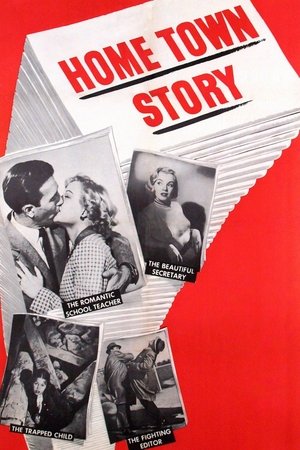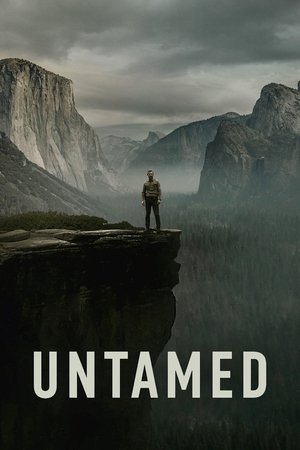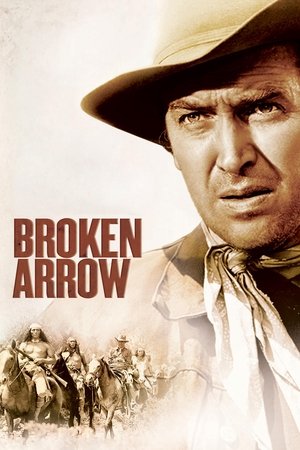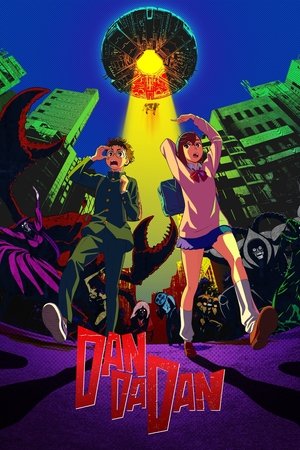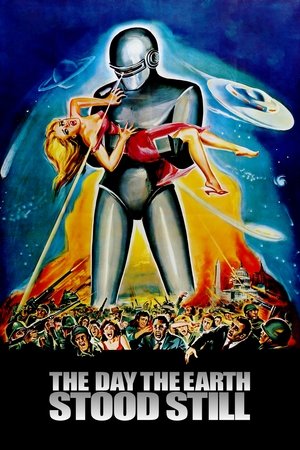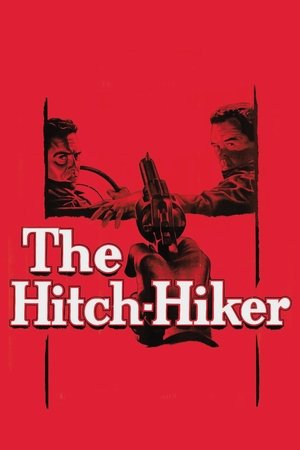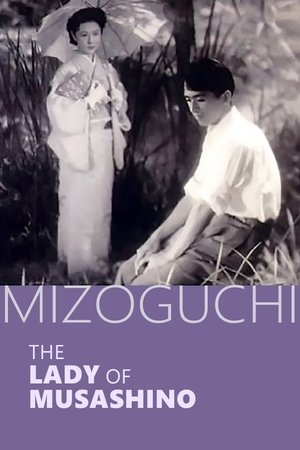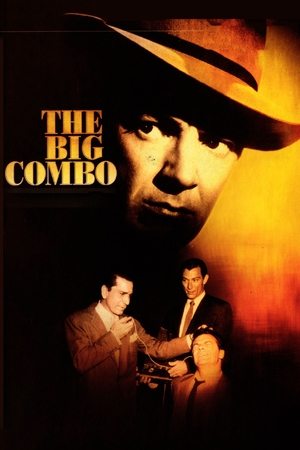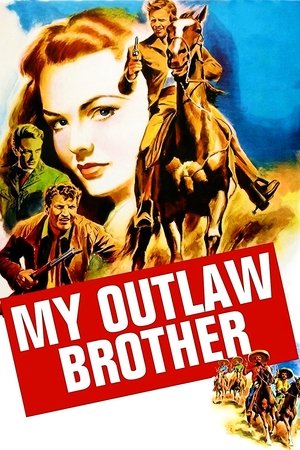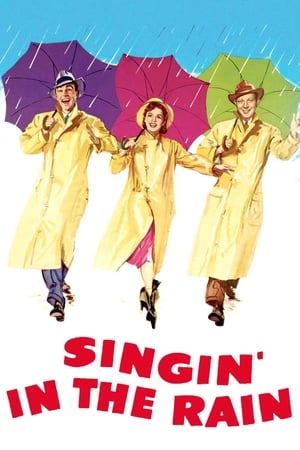Home Town Story (1951)

| Director | Arthur Pierson |
| Cast | Alan Hale Jr., Barbara Brown, Bess Flowers, Byron Foulger, Donald Crisp |
| Year | 1951 |
| Country | USA |
| Genres | Comedy, Drama, Romance |
| Duration | 61 min |
| Release | 18 May 1951 |
| Language | English |
| Revenue | N/A |
| Trailer | Watch Trailer |
Synopsis
Blake Washburn blames manufacturer MacFarland for his defeat in the race for re-election to the state legislature. He takes over his uncle’s newspaper to take on big business as an enemy of the people. Miss Martin works in the “Herald” newspaper office. When tragedy strikes, Blake must re-examine his views.
In the realm of classic cinema, few films capture the essence of small-town intrigue and personal redemption as poignantly as “Home Town Story” (1951). This film, directed by Arthur Pierson, offers a narrative steeped in political ambition, personal vendettas, and the unexpected twists of fate that force individuals to confront their deeply held beliefs.
The storyline revolves around Blake Washburn, a determined and somewhat embittered former state legislator who finds himself at a crossroads after losing his bid for re-election. His loss, which he attributes to the influence of big business, namely the manufacturing magnate MacFarland, propels him to assume control of his uncle’s newspaper. Fueled by a desire for retribution and a commitment to expose the perceived wrongdoings of corporate giants, Blake embarks on a crusade through the power of the press. However, as the plot unfolds, the complexities of his mission become apparent, challenging both his resolve and his perspectives.
A key figure in Blake’s journey is Miss Martin, an employee at the “Herald” newspaper office. Her presence in the narrative offers not only a supportive role but also a moral compass for Blake as he navigates the murky waters of personal and professional ethics. Her influence subtly nudges Blake towards a path of introspection, especially when unforeseen tragedy strikes, prompting a reassessment of his long-held beliefs about right, wrong, and the nature of true justice.
“Home Town Story” serves as a compelling exploration of themes that remain relevant today. The film delves into the tension between individual ambition and community responsibility, the power dynamics between media and corporate interests, and the personal growth that comes from facing uncomfortable truths. Blake’s journey is a testament to the transformative power of self-reflection and the courage it takes to confront one’s own biases.
Critically, the film has garnered a modest reception over the years, reflected in its IMDb rating. While not a blockbuster by contemporary standards, its rating of 5.7 signifies a film that, although perhaps not perfect, offers value through its narrative and thematic depth. The cast, featuring Jeffrey Lynn as Blake Washburn, provides a sincere portrayal of characters grounded in authenticity and relatability. Notable performances include Marjorie Reynolds as the steadfast and insightful Miss Martin, and Donald Crisp as MacFarland, whose role as the perceived antagonist adds layers of complexity to the story.
The genre of “Home Town Story” can be classified as a drama, with elements of political intrigue and personal redemption woven throughout. Its setting in a small town enhances the film’s exploration of community dynamics and the impact of individual actions on a broader scale. As viewers, we are invited to reflect on our own communities and the roles we play within them, making the film not just a piece of entertainment but a mirror to societal realities.
For those interested in exploring more about this intriguing film, its themes, and its place in the cinematic landscape of the early 1950s, additional insights can be found at Home Town Story (1951) This resource offers a deeper dive into the film’s production nuances and its enduring legacy.
Ultimately, “Home Town Story” is more than just a film about political rivalry and personal vendettas. It is a narrative about growth, understanding, and the realization that true progress often requires looking beyond one’s immediate grievances and embracing a broader perspective. Through its engaging storyline and memorable performances, the film continues to resonate with audiences, reminding us of the timeless nature of its themes and the enduring power of storytelling.

